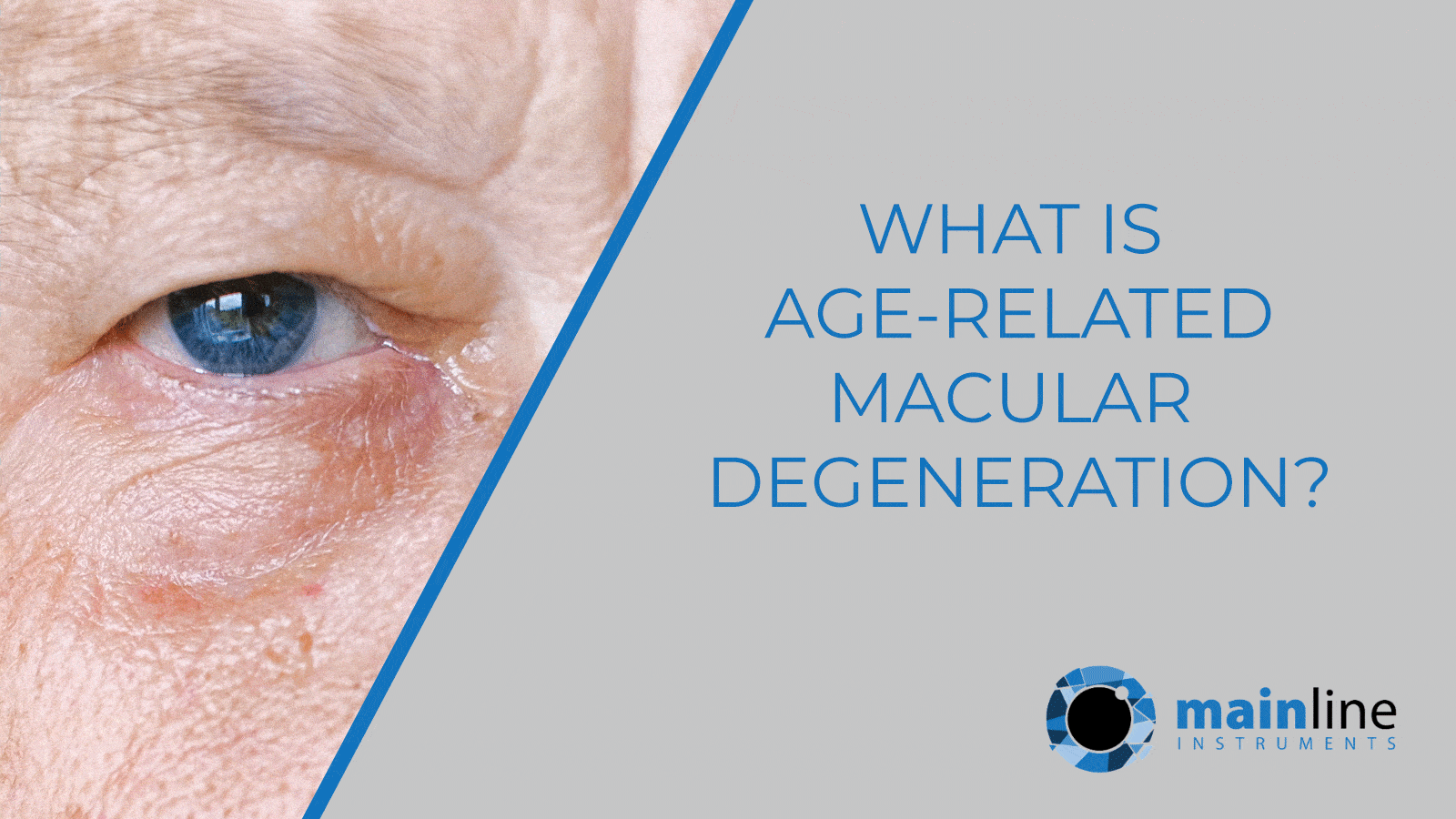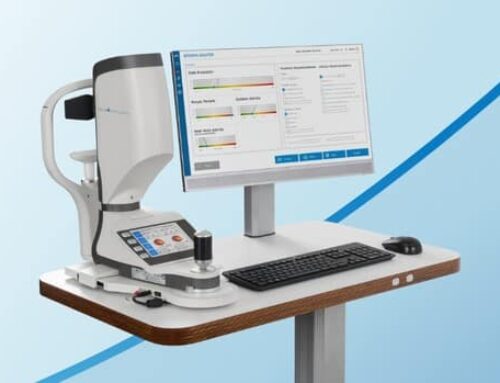Age-related macular degeneration (AMD) is caused by the deterioration of the central area of the retina, that sends images via the optic nerve from the eye to the brain. The retina’s central portion, known as the macula, is responsible for central vision in the eye, and it controls our ability to read, drive a car, recognise faces or colours, and see objects in fine detail.[1]
There are 2 types of AMD – wet AMD and dry AMD, with most cases being dry (around 85%).[2]
Dry AMD
Dry age-related macular degeneration is a type of the disease in which blood vessels in the eye do not leak out. In most cases it usually affects both eyes. Dry AMD gets progressively worse over the years. Vision loss occurs in the mid to late stages.
Wet AMD
Wet AMD is a more advanced form of the disease and causes vision loss when abnormal blood vessels grow in the eye. The blood vessels leak below the centre part of the retina called the macular. The leaking and bleeding causes permanent vision loss.
3 stages of AMD
Age related macular degeneration has three stages. They are:
Early AMD: Vision loss does not occur in the early stages, however the symptoms may be detected by an eye exam. The ophthalmologist may detect yellow deposits beneath the retina.
Intermediate AMD: In the mid-stages of AMD there may be some vision loss but not enough to alarm the individual. A comprehensive eye exam may detect changes in the retina.
Late stage AMD: In the late stages of the disease, people begin to experience central vision loss.
Treatments
Dry AMD – There is currently no treatment for this, but vision aids can help reduce the effects.
Wet AMD –Regular eye injections may be required, or occasionally, a light treatment called “photodynamic therapy” to stop vision loss getting worse[3].
Detection of AMD:
An optometrist or ophthalmologist can detect AMD using a retinal scanner or OCT. To view our range of OCT’s visit the Retinal OCT product page.
References:
[1] https://www.macular.org/what-macular-degeneration
[2] https://lowvisionmd.org/whats-the-difference-between-wet-and-dry-age-related-macular-degeneration/#
[3] https://www.nhs.uk/conditions/age-related-macular-degeneration-amd/treatment/







